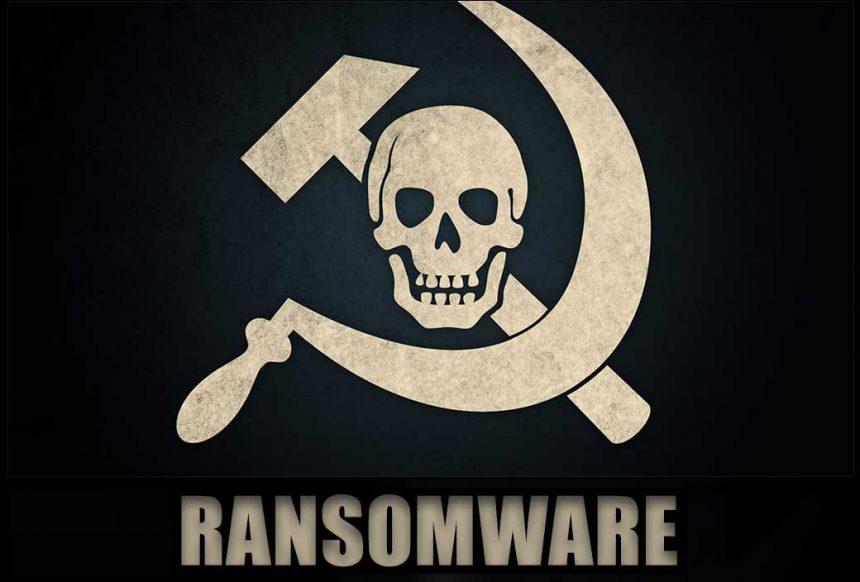HAJD Ransomware Joins the Ever Growing STOP/Djvu Ransomware Family
HAJD Ransomware is another addition to the STOP/Djvu Ransomware family. Like other programs in the group, it encrypts files and asks for a ransom fee to restore file access. You are more likely to get infected with ransomware if you often install applications from unfamiliar and/or possibly unreliable third-party sites like peer-to-peer file-sharing sites or cracked software sites.
Once HAJD Ransomware enters the victim’s system, it utilizes the AES encryption algorithm to encrypt important files and then demands a ransom for the file decryption key. HAJD Ransomware can encrypt multiple file types, including photos, music, documents, and videos.
During the encryption process, HAJD Ransomware, adds the .HAJD file extension to affected files and leaves the !README!.txt ransom note on the user’s desktop and in every folder with encrypted files. The ransom note says decryption costs $980, but the hackers will offer a 50% discount if victims contact them within the first 72 hours after infection.
Unfortunately, no public decryption tool for the HAJD Ransomware is available at the moment. The best way to recover encrypted files is to restore them from a backup. If you do not have a data backup strategy, consider researching the Web for a data recovery service that might be capable of restoring some of the affected files.
The hackers behind HAJD Ransomware might promise to provide a decryption key if you pay the ransom, but there is no guarantee they would actually do that.
How Do I Remove HAJD Ransomware from My Computer?
You should invest in a reputable malware remediation tool to protect yourself from HAJD Ransomware and other similar infections. With a reliable anti-malware tool, you will be able to regularly scan your computer for any malicious elements and remove them immediately.





